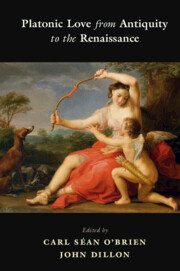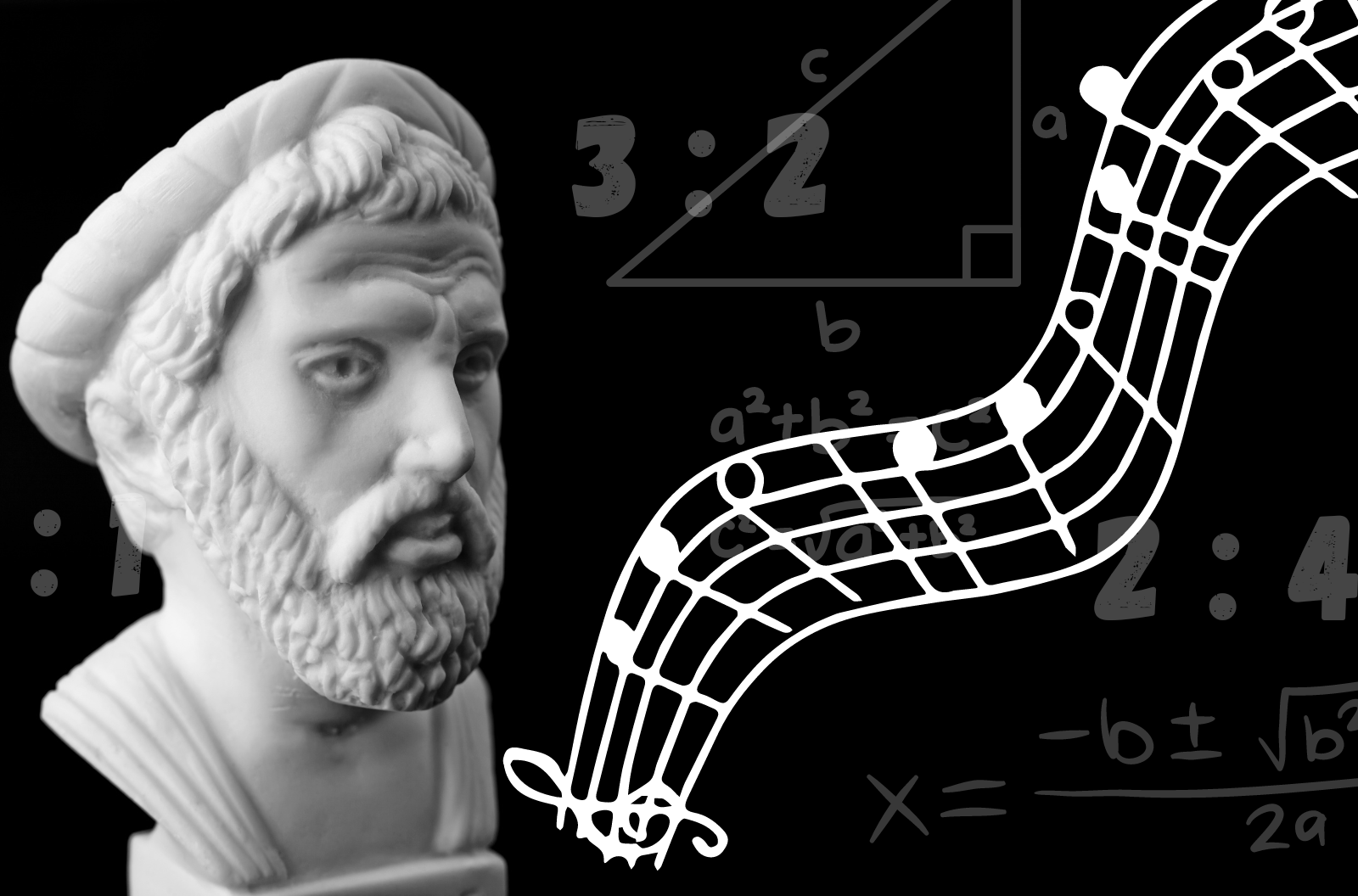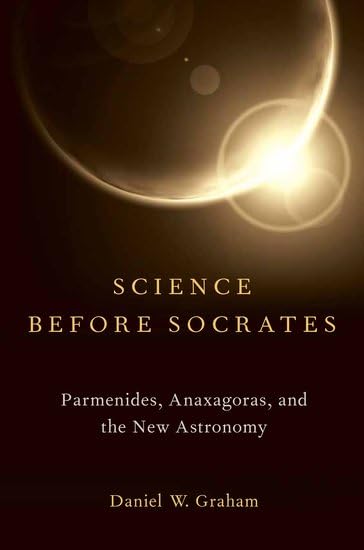Philiscus of Aegina: The Forgotten Philosopher of the Classical Era
Introduction
Philiscus of Aegina remains one of antiquity's more enigmatic yet influential figures, a philosopher whose contributions have been overshadowed by the giants of Greek thought like Plato and Aristotle. Despite the scarcity of surviving records, Philiscus played a notable role in the intellectual and cultural landscape of his time. His ideas, though not extensively documented, suggest a thinker deeply engaged with questions of ethics, metaphysics, and the human condition. This article explores his life, philosophical stance, and the fragments of his work that have survived the passage of time.
The Life of Philiscus of Aegina
Philiscus was born on the island of Aegina, a strategic and culturally rich location in the Saronic Gulf, during the 4th century BCE. Aegina was a significant maritime power and a hub for trade and intellectual exchange, which likely influenced Philiscus’s education and philosophical inclinations. While the exact dates of his birth and death remain uncertain, historical references place him as a contemporary of figures like Diogenes the Cynic and Stilpo of Megara.
Philiscus is often associated with the Cynic school of philosophy, a movement that emphasized living in accordance with nature, rejecting material wealth, and valuing virtue above all else. Some sources suggest he was a student of Diogenes, adopting and perhaps refining the Cynic’s radical teachings. However, unlike Diogenes, whose life was marked by public displays of asceticism, Philiscus may have taken a more subdued approach to philosophical practice, focusing instead on written discourse and teaching.
Philosophical Contributions
The scarcity of primary sources makes it difficult to reconstruct Philiscus’s philosophical system in its entirety. However, fragments and references in later texts provide glimpses into his ideas.
Ethics and Virtue
Philiscus appears to have been deeply concerned with ethical questions, particularly the nature of virtue and how it manifests in daily life. Like other Cynics, he likely argued that virtue is the only true good and that external possessions, social status, and even conventional education are distractions from the pursuit of wisdom. His writings might have explored how to cultivate self-sufficiency (autarkeia) and resilience in the face of adversity.
Critique of Conventional Society
An echo of Diogenes’s radicalism can be discerned in Philiscus’s probable critiques of societal norms. He may have challenged traditional Greek values, questioning the importance of political participation, wealth accumulation, and even religious rituals. His skepticism toward institutions would have aligned with the Cynic tradition, which viewed social conventions as artificial constraints on human freedom.
Metaphysical Inquiries
While the Cynics were primarily known for their ethical doctrines, Philiscus may have ventured into metaphysical speculation. Some later commentators suggest he engaged with debates on the nature of reality, possibly responding to emerging ideas in Platonic and Aristotelian thought. His writings could have explored the relationship between the material world and the divine, though this remains speculative.
Literary Works and Legacy
Philiscus is credited with several texts, none of which survive intact. Ancient sources mention titles like *On Virtue*, *Against the Sophists*, and *Dialogues*, hinting at a diverse range of interests. These works were likely structured as philosophical debates or parables, common formats for Cynic writings.
His influence extended beyond his lifetime, with later Stoic thinkers referencing his ideas. The Stoics, who shared the Cynic emphasis on virtue and self-discipline, may have drawn inspiration from Philiscus’s arguments, though the exact transmission of his thought remains unclear.
Contemporary Relevance
Though largely forgotten today, Philiscus’s philosophy offers insights relevant to modern discussions on materialism, simplicity, and ethical living. His critique of societal excesses resonates with contemporary movements advocating for minimalism and environmental sustainability. Moreover, his emphasis on personal integrity over social validation remains a powerful antidote to the pressures of modern life.
Conclusion (Part 1)
Philiscus of Aegina stands as a fascinating figure in the tapestry of ancient philosophy, bridging the Cynic tradition with broader intellectual currents of his time. While much of his work is lost, the fragments that remain suggest a thinker of depth and originality. The next section will delve deeper into his relationship with other philosophers, his potential influence on later schools of thought, and the cultural context that shaped his ideas.Error: Response not validError: Response not valid

![Philiscus of Aegina [The Lucian of Samosata Project] image](https://lucianofsamosata.info/wiki/lib/exe/fetch.php?w=125&tok=357dfd&media=wiki:menin-publishing.png)
![Lives & Writings on the Cynics [The Lucian of Samosata Project] image](https://lucianofsamosata.info/wiki/lib/exe/fetch.php?w=300&tok=842be8&media=cynics:bastein-lepage_diogenes.jpg)
![[History of the Academy] or Academicorum Index - The Greek ... image](https://greekschools.eu/wp-content/themes/websoup/images/loghi/mibac.jpg?v=2)















Comments